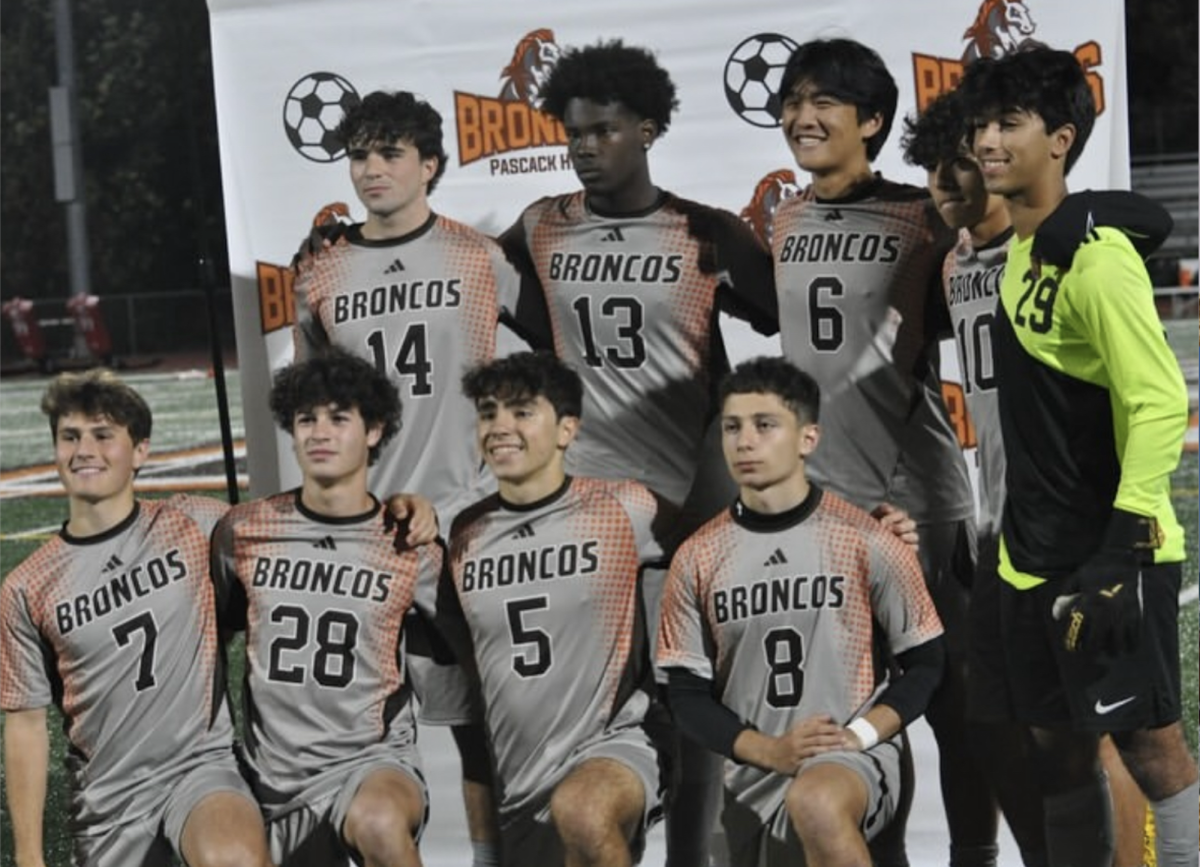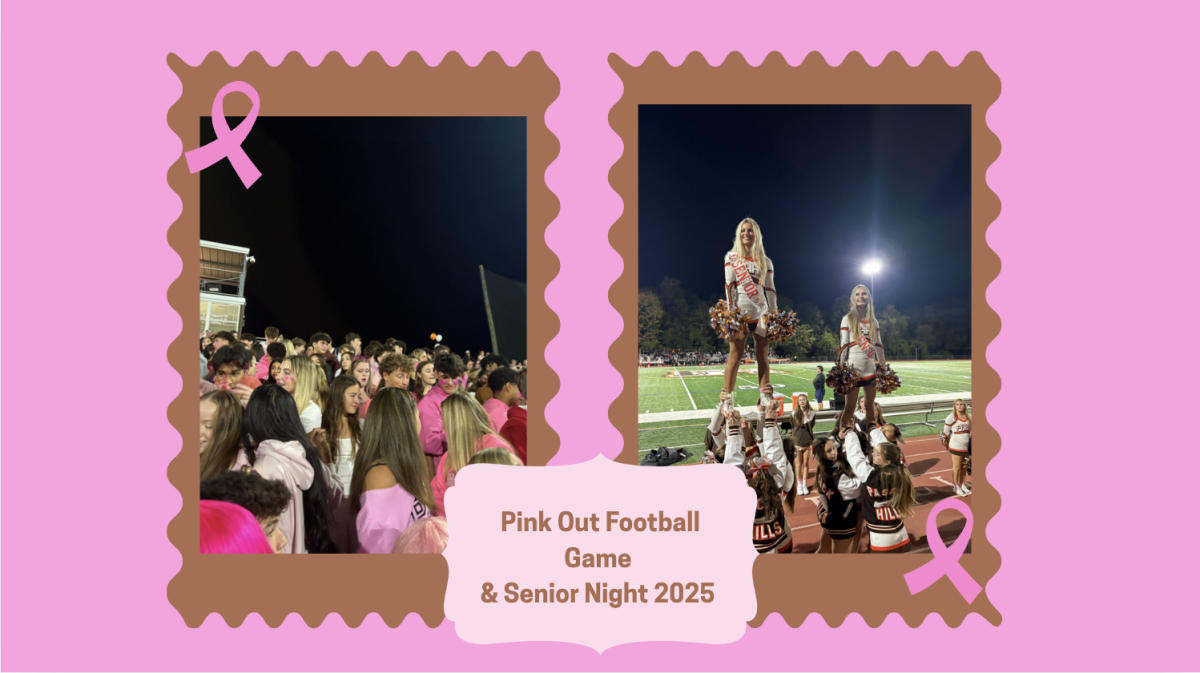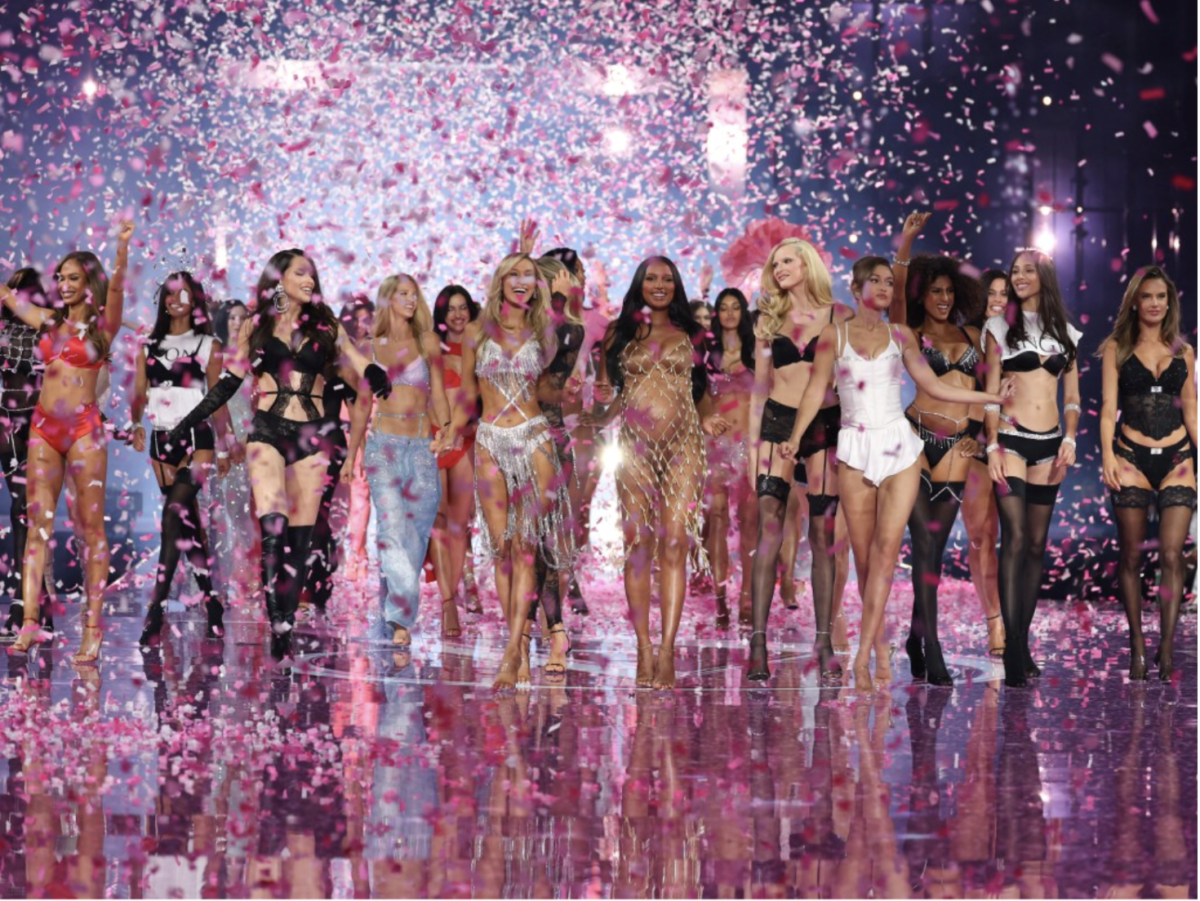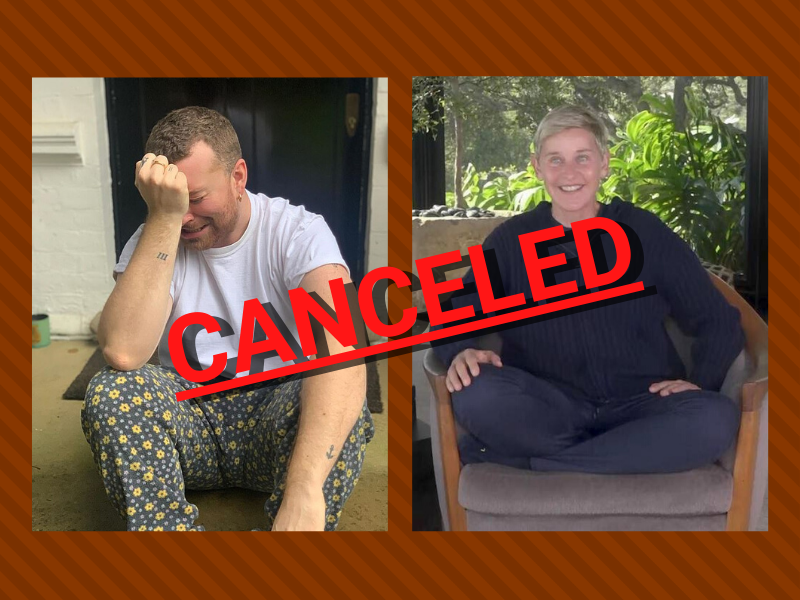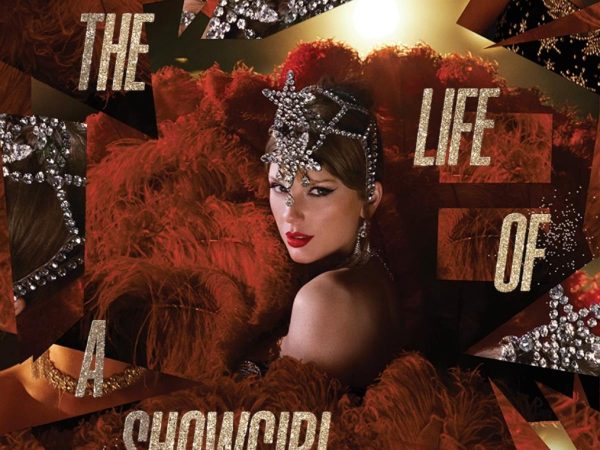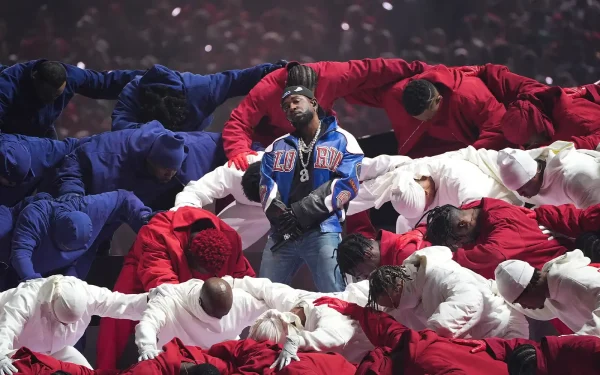Privilege during a pandemic: how cancel culture continues in quarantine
Designed by Jared Mitovich
Artist Sam Smith and talk show host Ellen DeGeneres have been criticized for their social media posts while in quarantine.
The function of sharing photos on social media has always been to display the best parts of yourself –– the parts that, although may be fabricated, pitch your lifestyle as being ideal. This social system, at least for the average user, has recently been shut down, as there is an obvious deficit of lunch dates and Friday night parties to post about.
Nevertheless, celebrities seem to be feeling more inclined than usual to broadcast parts of their day, likely out of boredom. While this usually entails posting a plethora of laid-back selfies or Instagram stories showing how to cook a healthy quarantine breakfast, some celebrities have been more vocal in addressing COVID-19 and the quarantine in a more direct and opinionated manner.
Sadly, I’m not referring to spreading awareness about fundraisers or proper sanitation techniques (through some celebrities have successfully done this). In a rush to address the situation like it’s a new TikTok trend, many celebrities have misspoken, evoking controversies and bringing to light the interesting topic of privilege.

Artist Sam Smith took to Instagram photos of their “stages of quarantine meltdown” which included photos of Smith crying outside their $13 million mansion. Although the goal with these photos was to encourage others to take care of themselves and focus on their mental health, this was not the main message that was received.
“I don’t like to compare struggles, and I don’t believe Smith had any ill-intent with the post, but this was an act of pure carelessness,” commented Pascack Hills senior Aly Cohen. “It’s bizarre to me how Smith can fish for sympathy and avert the attention of their followers away from more pressing issues; there are people who have lost their jobs, don’t know where their next meal is coming from, or are even bedridden. These are the people we should be thinking about. ”
Isabella Sanar, however, presented a new perspective. “Celebrities are people too. The general public gets mad when they act like they’re above anyone else, yet seemingly also get mad when they present themselves in a humble or simplistic manner. Sam was simply trying to be more transparent and authentic with their audience, but it seems people are invalidating important mental health issues.”
On a similar note, famous talk show host Ellen DeGeneres faced major backlash after jokingly comparing self-quarantine to “being in jail.”
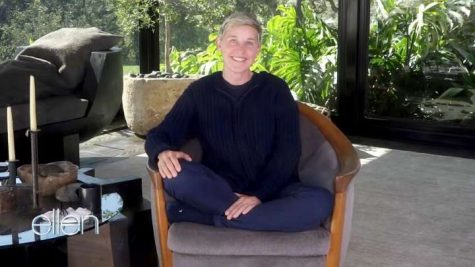
When asked about her opinion on the situation, Hills junior Mackenzie Blowers said she doesn’t know much about DeGeneres’ life, “so obviously I’m not able to see her full perspective, but given she’s extremely wealthy, I think referring to quarantine as jail is completely insensitive to essential workers and everyone else given that she doesn’t understand her own privilege of being able to quarantine and have the money to not have to put herself at risk.”
“I think referring to quarantine as jail is completely insensitive to essential workers and everyone else”
Evidently, this situation opens the broader issue of privilege. Privilege can be defined in many different ways based on the perspective of the speaker. Ms. Alexandra Pfleging, who co-advises the Trailblazer and teaches AP Language at Hills, recently began a class discussion on how students personally would define privilege, and many responses seem to speak to Smith’s and DeGeneres’ predicaments alike.
To share one response, Hills junior Olivia Chin defined privilege as “having a certain advantage or right to something that is not available to the majority.” In my own definition, I expressed a similar idea but added that said advantages may seem natural or necessary to the privileged party.
This is an important factor to consider, as privileged people may not even realize when they’re acting privileged. Thus, when celebrities speak about their experiences on social media, it may be in a manner that doesn’t resonate with their viewers because of the obvious breach in privilege and lifestyle, yet they may not recognize it because it seems so natural to them.
“I think every celebrity has a lot of pressure to seem ‘relatable’ even though we can never relate to a person’s life like Ellen’s,” Hills junior Liz Mashini expressed. “Did she say what she said because that’s how she truly feels, or because she wants to express she understands how the rest of us feel?”
Mashini also implied that privilege is an issue that transcends just celebrities. “I think it’s hard to talk about privilege in a time like this because I know I’ve said quarantine is the worst even though I’ve had dinner every night, Wi-Fi, and a safe neighborhood. I know not everyone has that but I still would consider quarantine the worst.”
“Cancel culture refers to the popular practice of withdrawing support for (canceling) public figures and companies after they have done or said something considered objectionable or offensive.” (Dictionary.com)
Hills junior Jenna Golub, speaking on the same topic, brought up the interesting conversation of cancel culture. Cancel culture, according to Dictionary.com, “refers to the popular practice of withdrawing support for (canceling) public figures and companies after they have done or said something considered objectionable or offensive.” Since Smith and DeGeneres spoke out, they’ve both been given the “canceled” stamp that allows for no future redemption.
“Personally I don’t think it’s fair for people to be ‘canceling’ celebrities for saying things like this,” Golub explained. “Of course someone who is quarantined in an apartment has it worse than someone living in a mansion, but it’s a tough time for all of us, and it’s not fair to diminish someone else’s feelings just because someone has it worse.”
“It’s a tough time for all of us, and it’s not fair to diminish someone else’s feelings just because someone has it worse.”
On social media, people can easily pick and choose what they want to hear based on what posts or tweets they view. Although many people have heard about her latest scandal, not many are aware of DeGeneres’ prompt clarification that she “think[s] that a lot of people out there need words of encouragement, and that’s what [she] want[s] to do.” However, since her declaration of being “canceled,” many have chosen to not listen to her explanation.
Whether you choose to believe DeGeneres to be sincere, the concept of cancel culture is undoubtedly toxic. It encourages being close-minded and defining an entire person and their contributions based on one occurrence in their life. A change in mindset can only occur when one is introduced to new perspectives that make it clear where their mistake lay and effectively educates. This certainly cannot occur when social media users jump down celebrities’ throats whenever they misspeak, as the celebrity now has to focus more on the death threats in their DMs rather than trying to educate themselves on whatever topic.
As social media users, it’s certainly our job to call out what we believe is unjust, but as human beings, we should want to help each other learn and grow from our wrongdoings. Think about what does more good: filling DeGeneres’ and Smith’s replies with hateful words, or helping them acknowledge their privilege and consider it more heavily in the future through civilized conversation.
It certainly must not be easy having your entire life viewed under a microscope that leaves nothing left to be unjudged. What would be just a normal post for any average person could be the downfall of a career for someone else. However, this can all be a learning experience if approached the correct way by both parties: if there’s remorse on their end, and understanding and willingness to help on ours.












